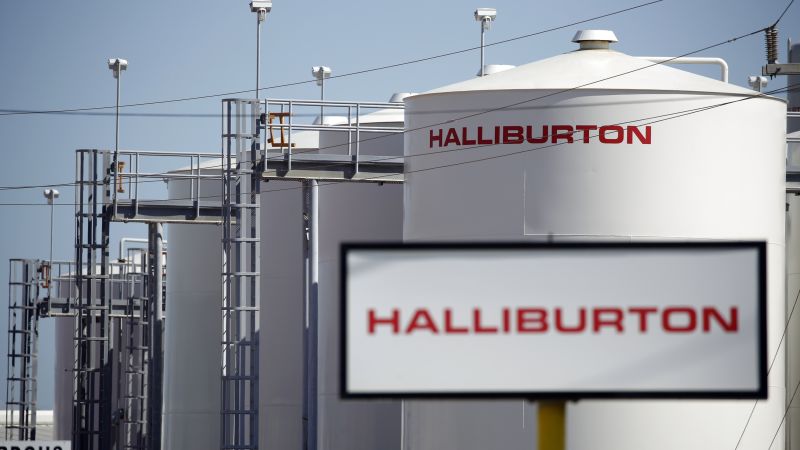Oil giant Halliburton is currently facing a computer system issue that is believed to be the result of a cyberattack. Reports suggest that the cyberattack has impacted business operations at the company’s Houston campus and some global networks. While Halliburton has not confirmed nor denied the cyberattack, they have acknowledged that there is an unspecified “issue” affecting certain company systems. The company is working diligently to assess the cause and potential impact, activating their pre-planned response plan and working with experts to address the issue.
The nature of the incident has not been described by Halliburton, but the Energy Department and the American Petroleum Institute have not provided immediate comments. Cyberattacks have become increasingly common and disruptive to businesses, with recent incidents such as a ransomware attack on software provider CDK Global causing disruptions at thousands of auto dealers in the United States. It was reported that CDK paid a $25 million ransom to hackers to resolve the disruption. The Colonial Pipeline was also targeted by a ransomware attack earlier this year, leading to panic buying and fuel shortages along the East Coast.
Eric Noonan, CEO of CyberSheath, highlighted the vulnerability of companies operating critical infrastructure such as energy in the face of cyberattacks. He emphasized the importance of cybersecurity controls for critical infrastructure operators in the United States to prevent such incidents from occurring in the future. It is crucial for companies to prioritize cybersecurity measures to protect themselves and their operations from potential cyber threats. The cyberattack on Halliburton serves as a reminder of the risks and challenges faced by companies in the digital age.
The impact of cyberattacks on businesses can be extensive, affecting not only the company itself but also its customers and the broader economy. Ransomware attacks, in particular, can result in significant disruptions and financial losses if not properly addressed. Companies need to be proactive in implementing cybersecurity measures and response plans to mitigate the risks of cyber threats. Collaboration with experts and government agencies can also help companies better prepare for and respond to cyber incidents.
The recent cyberattack on Halliburton highlights the ongoing threat posed by cybercriminals to critical infrastructure and key industries. It underscores the need for increased cybersecurity measures and vigilance to protect sensitive data and business operations from potential cyber threats. Companies must prioritize cybersecurity as a critical aspect of their overall risk management strategy to safeguard their assets and reputation. By investing in robust cybersecurity solutions and protocols, businesses can better defend against cyber threats and minimize the impact of potential attacks.
In conclusion, the cyberattack on Halliburton serves as a wake-up call for companies to strengthen their cybersecurity defenses and response capabilities. The incident underscores the importance of proactive cybersecurity measures and collaboration with experts to protect critical infrastructure and key industries from cyber threats. As cyberattacks continue to evolve and grow in sophistication, companies must remain vigilant and proactive in defending against potential threats. By prioritizing cybersecurity and investing in robust defense mechanisms, businesses can better protect themselves and their operations from cyber risks in an increasingly digital world.


